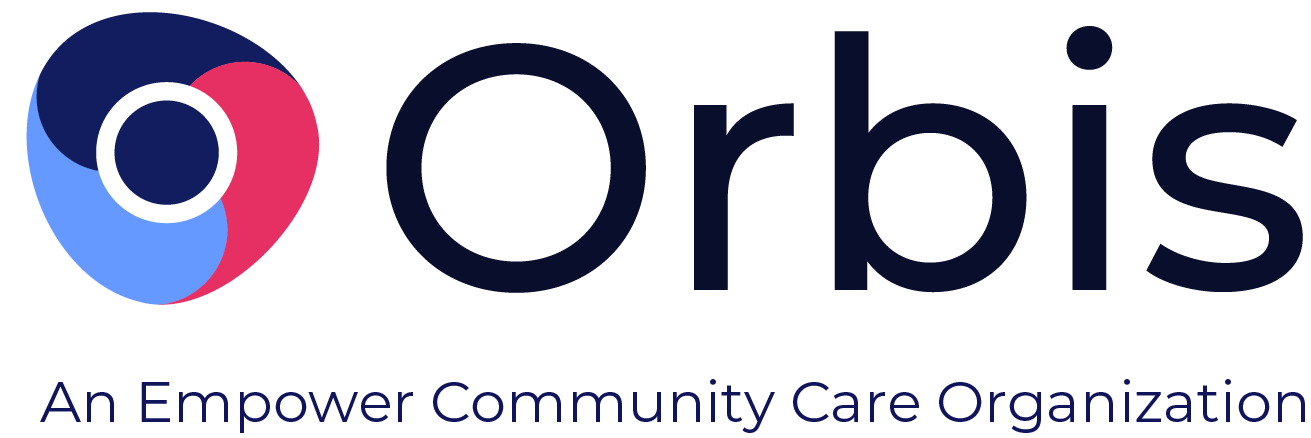Originally created with the intention of aiding adults in quitting traditional cigarettes, e-cigarettes have been finding their way into the hands of at-risk teens in recent years with an ever-increasing frequency. In 2011, less than five percent of youth reported using e-cigarettes; by 2019, that number had jumped to 28 percent. Despite being touted as a “safe” and even “healthy” alternative to traditional tar-and-chemical-laden cigarettes, most vapes still contain nicotine, which has long been known as an addictive substance. And that’s at the heart of the issue of teen e-cigarette use, says Nora D. Volkow, the director of the National Institute on Drug Abuse, “It is urgent that teens understand the possible effects of vaping on overall health, the development of the teen brain and the potential for addiction.”
Vaping May Lead to Use Of Other Substances
In 2014, the New England Journal of Medicine published a study on teen e-cigarette use, written by husband-and-wife team Eric and Denise Kandel, who are the originators of the "gateway drug" hypothesis. Their study found that vapes not only acted as a gateway drug for nicotine addiction but could also act as an entry to other addictive substances as well.
The study first discusses a body of previous research by both the Kandels and others, which has consistently shown nicotine to be a gateway drug for marijuana and cocaine use. Therefore, the Kandels argue that vapes will also introduce nonsmoking juveniles to nicotine. To back up this connection, the Kandels present data from experiments they conducted on the effects of nicotine in the brains of mice. What the study found was that mice that had been primed with nicotine use were much more likely than unprimed mice to develop a preference for cocaine.
This study specifically focused on the idea of addiction as a form of learned experience, in which positive memories of a drug's effects create an addiction: when a person vapes, they enjoy it and it feels good, and it is these positive memories that form the basis for addiction. Later on, these recollections can also cause relapses in people who have managed to beat their struggles with substance abuse.
Concerns About Harsh Policies for At-Risk Teens
In a recent bid to try and discourage at-risk teens from using e-cigarettes, schools across the U.S. have begun implementing anti-vaping policies. These plans typically punish students with detention, a letter or email to their parents, and occasionally a tobacco education class. A few states, including North Carolina, New Jersey, Washington, and Connecticut, have opted to take their policies even farther, by grouping e-cigarette paraphernalia in the same category as items used for drugs, such as bongs and pipes. These include much harsher punishments for students, which can include long suspensions, mandatory drug tests, and having a violation for possession of drug paraphernalia marked on their school record. Sara D’Annolfo, Dean of Students at the Taft School in Watertown, Connecticut is very much in favor of her school’s implementation of such a policy. "Our goal is to reduce access and discourage use on campus," she says.
Parents and some administrators, however, worry about the necessity and fairness of treating e-cigarettes with harsher punishments than traditional cigarettes, with many voicing concerns that such measures are too harsh. New Jersey resident Kathleen Leone refused to let her 16-year-old daughter's school drug test her after she was caught with her older brother's vape in her purse. The school instead handed her daughter a four-day suspension. "I'm not going to sit here and tell you that she should have it, but you know, she's 16, and 16-year-olds do stupid things," said Leone, who's also a teacher. "In her record, it says she was suspended for refusal to take (a drug test), and that's something that could affect her chances of getting into a university."
By discussing the dangers of drug use with at-risk teens, addressing the core causes of these actions, and considering treatment or programs when behaviors are unmanageable, families can prevent the need for harsh punishments down the road.
As studies on vaping continue to emerge, you can find resources about the topic on the Food and Drug Administration’s campaign website, The Real Cost.
Orbis' Solutions for Youth Populations
Orbis Partners provides solutions for criminal justice and human services systems specializing in designing and implementing services for at-risk client groups. Orbis offers a unique blend of programs and services including innovative case management software applications, evidence-based interventions, and effective risk assessment tools. Some programs and services are tailored specifically for youth populations that help facilities and professionals better assist adolescents. Orbis’ juvenile justice tools include assessments and case planning for at-risk youth who may be involved in harmful behaviors.
To learn more about youth vaping, view our infographic by clicking here.
Orbis provides solutions for criminal justice and human services systems, specializing in designing and implementing services for at-risk client groups. If you are interested in learning more about our solutions, contact us here.


